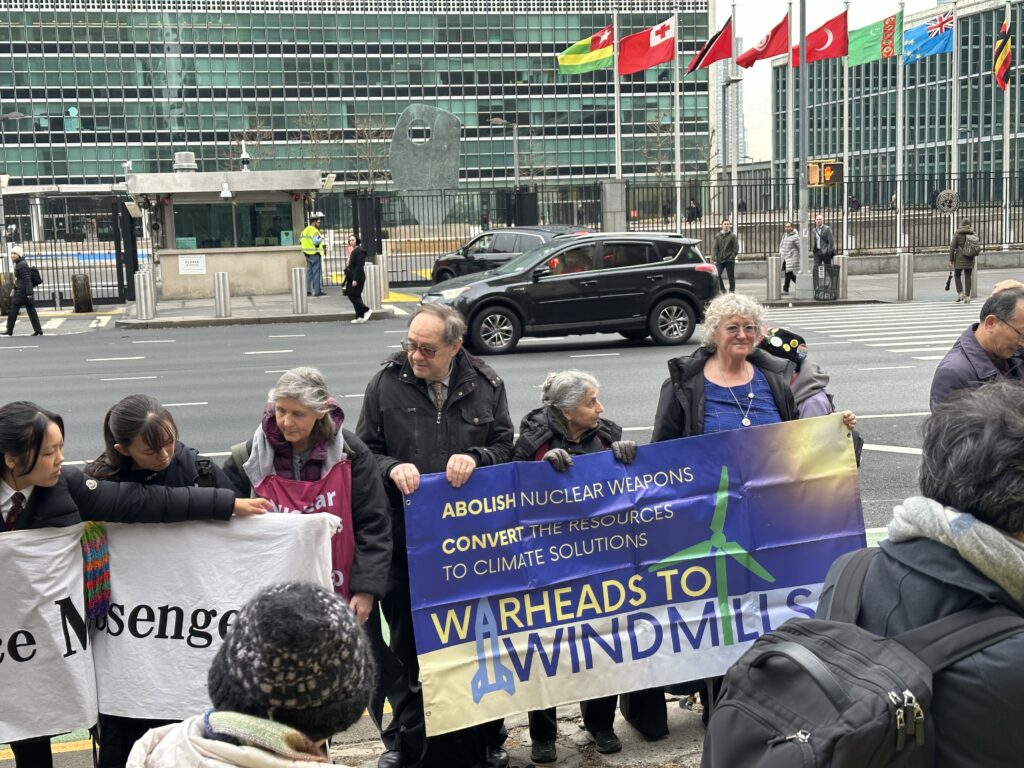At the beginning of this month, the Treaty on the Prohibition of Nuclear Weapons gathered in New York for the Third Meeting of States Parties. Over one thousand representatives from 163 civil society organizations around the world attended the Meeting. 55 of the 73 States parties to the Treaty participated, and 31 states not yet party observed the proceedings. The Warheads to Windmills Coalition had a very busy week, read about our events and the outcomes of the 3MSP below.
Warheads to Windmills Events
ICAN Campaigners Forum– Breakout Session
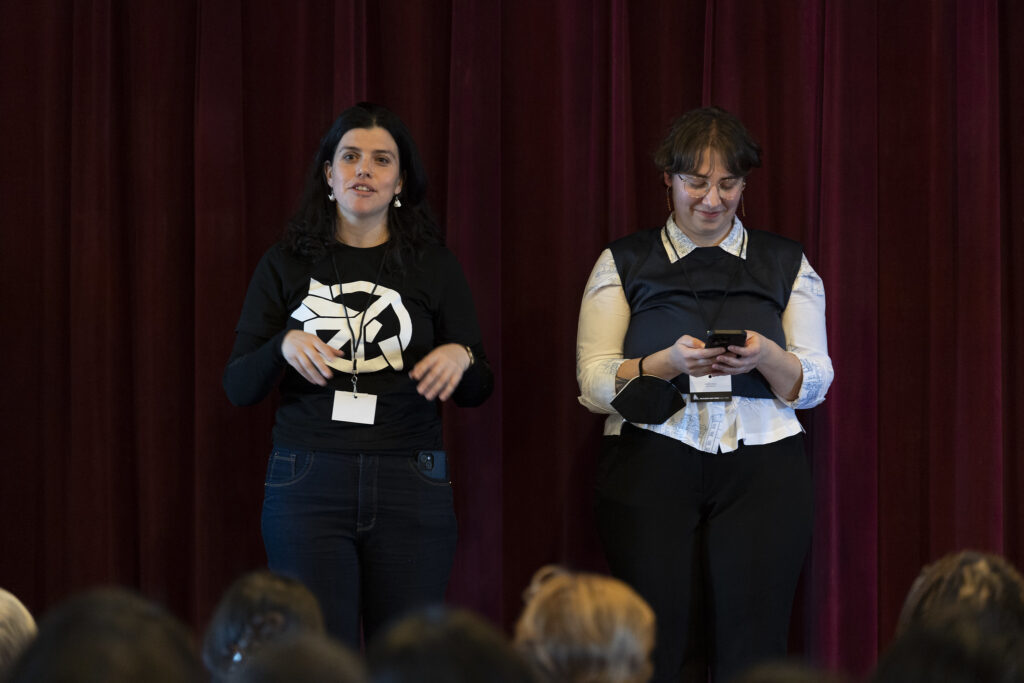
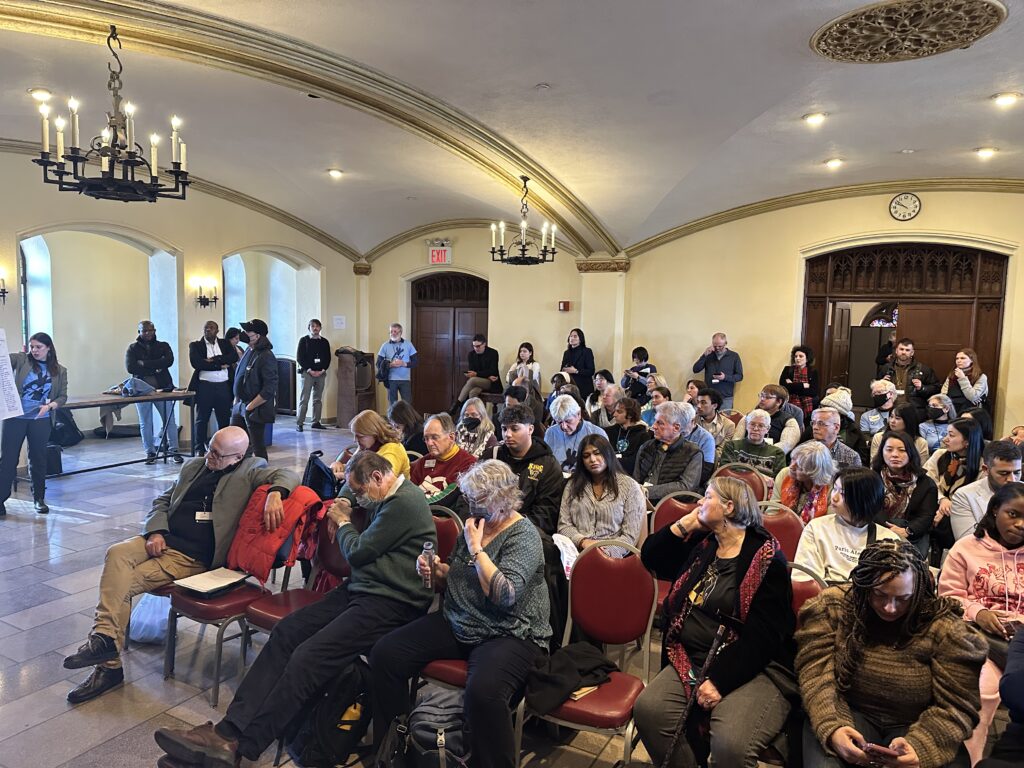
Anduin DeVos facilitated a breakout session with Lucero Oyarzun at the ICAN campaigners forum dedicated to connection nuclear abolition to other progressive campaigns and expanding the scope of nuclear disarmament discussion out of arms control and nonproliferation silos. The event discussed the intersections of nuclear weapons with humanitarian crises around the world, children’s rights, climate justice, biodiversity, and the environment, economics, and how arts and pop culture can be engaged.
Article 5: Preliminary Discussions on National Implementation
The Permanent Mission of Malta hosted this event for preliminary discussions on national implementation of the treaty. Timmon Wallis of NuclearBan.US and Warheads to Windmills presented research findings on national implementation in states parties to the treaty. Different avenues of implementation were discussed, gaps in the research were examined, and Brady Mabe of the ICRC offered resources to aid states parties in their national implementation obligations.
Later in the week, following this side event, Anduin DeVos gave an intervention to the plenary regarding article 5.
Watch the statement here: https://youtu.be/DADFeF28Tc8
Promoting the TPNW in the US Congress
While the 3MSP met in New York, Eleanor Holmes Norton submitted the Nuclear Weapons Abolition and Conversion Act of 2025 in Congress. Congressional allies shared statements of support for the Bill and the TPNW at a hybrid event. Speakers commented on future strategy regarding promoting the TPNW inside the US including Timmon Wallis, David Gibson, John Reuwer, and Archbishop John Wester.
You can watch the event here: https://youtu.be/Ctl2oE8Tkz8
Follow the Money: Divestment and the TPNW
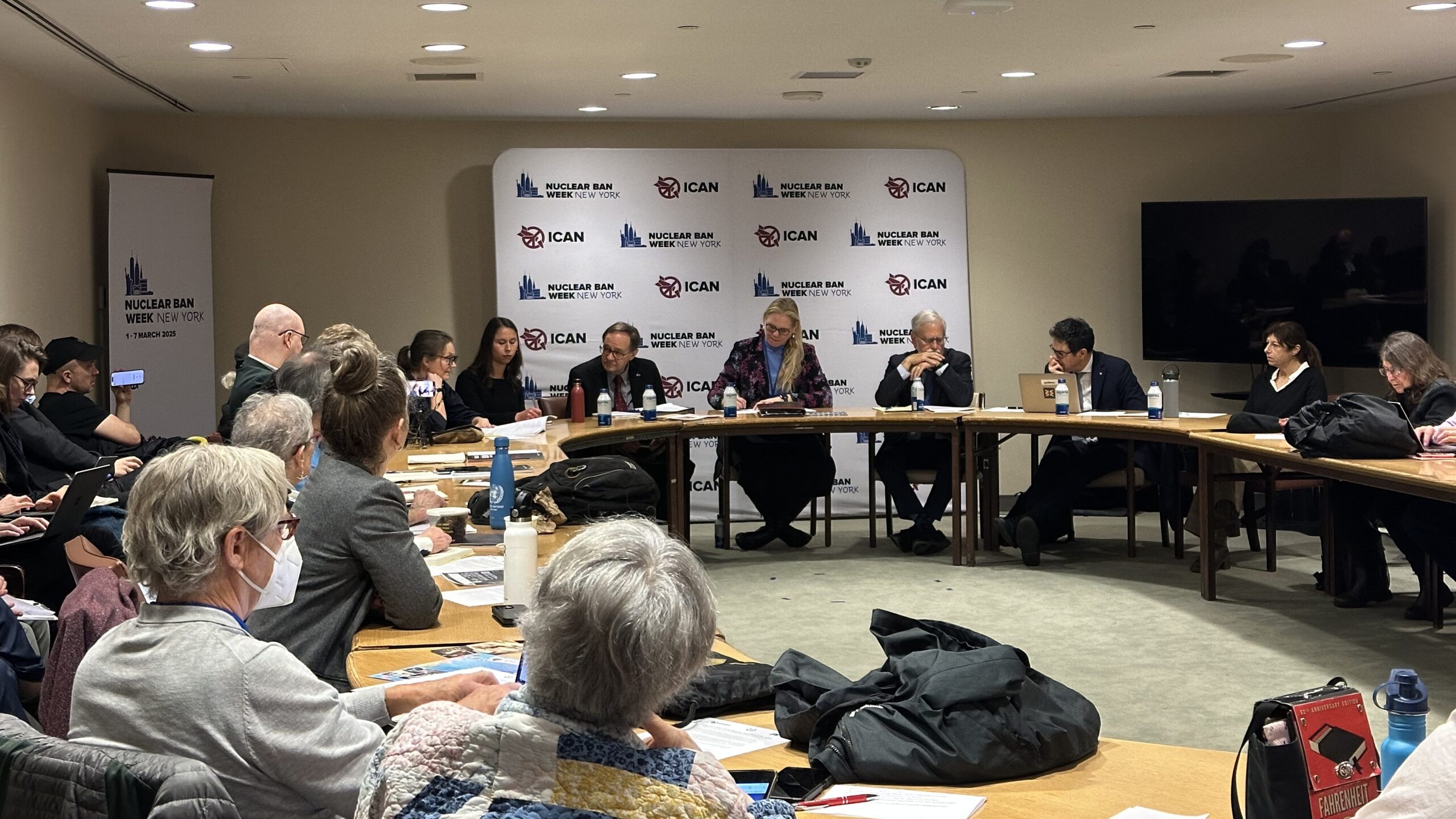
This event organized in partnership with ICAN highlighted divestment campaigns and stigmatization of the nuclear weapons industry as key to achieving the Treaty’s objectives. Financial institutions citing the TPNW as a decisive factor to exclude nuclear weapons from investment have clearly shown the Treaty’s impact, in some cases even extending beyond the borders of states parties.
Grethe Østern, editor of the Nuclear Ban Monitor, Timmon Wallis of NuclearBan.US, Alejandra Munoz of PAX and Don’t Bank on the Bomb, David Schilling from the Interfaith Center for Corporate Responsibility (ICCR), Marco Carlizzi, chairman of Etica SGR, and Susi Snyder, ICAN spoke on the power and purpose of divestment in relation to the TPNW and campaigning for nuclear disarmament.
Building Support for a Fossil Fuel Treaty: Lessons from TPNW Processes
On the last day of the 3MSP, we held an event with the Fossil Fuel Treaty Initiative hosted by the missions of Tuvalu and Vanuatu as a space to discuss the need for negotiation of an international treaty on fossil fuels to manage and finance a global, just transition away from fossil fuel production to a clean energy future. Deputy Permanent Representative(DPR) Taniela Siose of the Mission of Tuvalu to the UN and DPR Sanlan William of the Mission of Vanuatu to the UN spoke as champions of the Fossil Fuel Treaty Initiative. Florian Eblenkamp, ICAN’s advocacy officer, joined to share insights and advice from the process of negotiating the TPNW, and Timmon Wallis, of Warheads to Windmills, spoke to the civil society support and strategy for both initiatives.
Watch the event here: https://youtu.be/NLTnIVEDZGs
Outcomes of the 3MSP
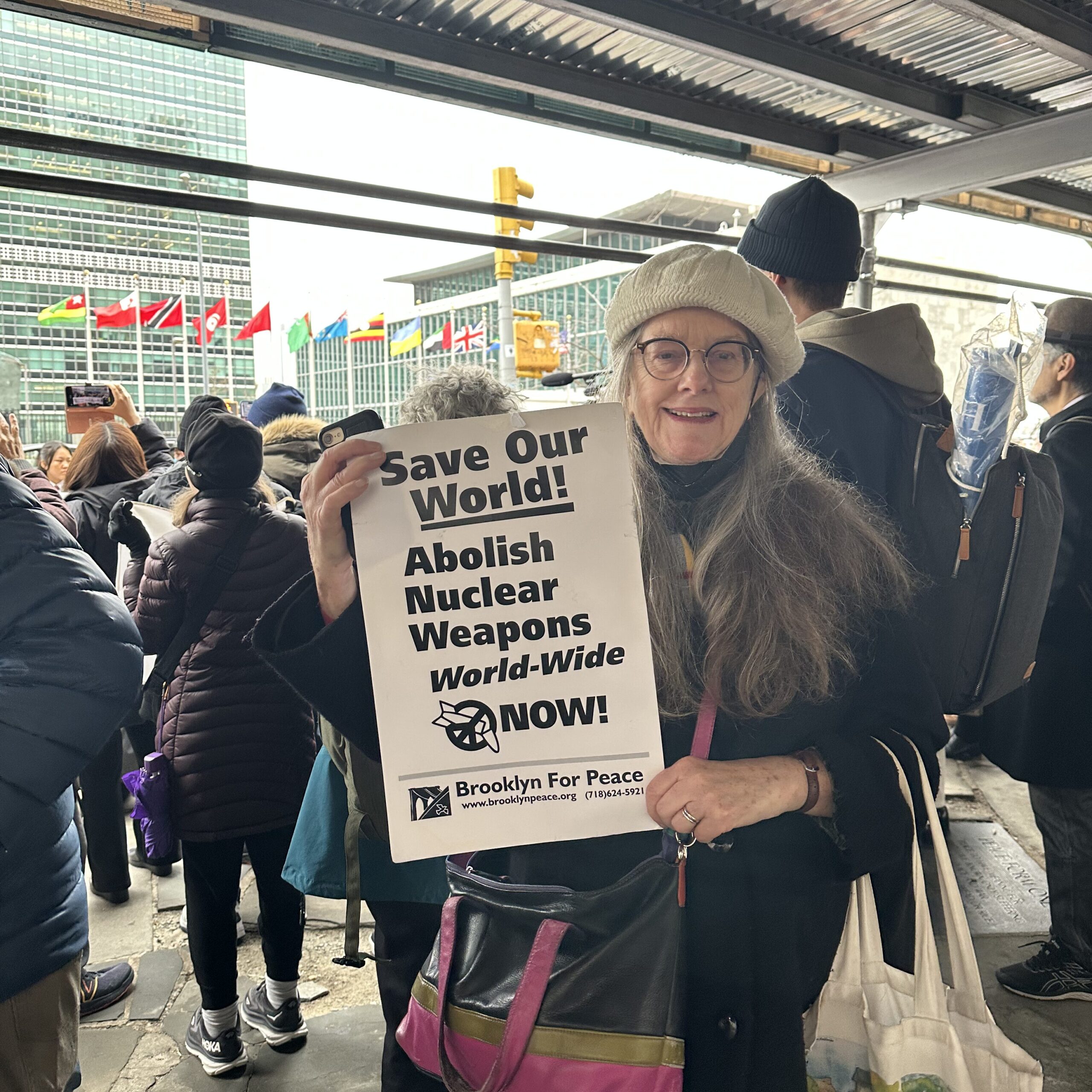
The outcome adopted by the Third Meeting of States Parties reflects a powerful rejection of nuclear weapons and the theory of nuclear deterrence. States Parties strengthened their commitment to a world free of nuclear weapons amidst the rising global instability and concerns of security. The declaration of the meeting rejects theories that nuclear deterrence maintains global security, but rather, nuclear weapons are a threat to the security and existence of all states. Nuclear Weapons know no borders, whether a state has them, believes in deterrence theory, or has signed the treaty for their elimination will not change the outcome if these weapons are used.
Communities affected by nuclear weapons use and testing were strongly represented at the Third Meeting of States Parties with side events in the margins of the treaty, and statements read into the plenary. The voices of affected communities calling for nuclear justice are crucial to guiding and shaping the outcomes of the treaty. Member states pledged to continue inclusive collaboration with civil society, affected communities, and other institutions to strengthen the Treaty.
Alongside the events held by the Warheads to Windmills team, there were over 70 events held around the 3MSP, they highlighted youth leadership, arts and culture, research, affected community voices, regional strategies for promoting the Treaty, gender, the environment, and more.

